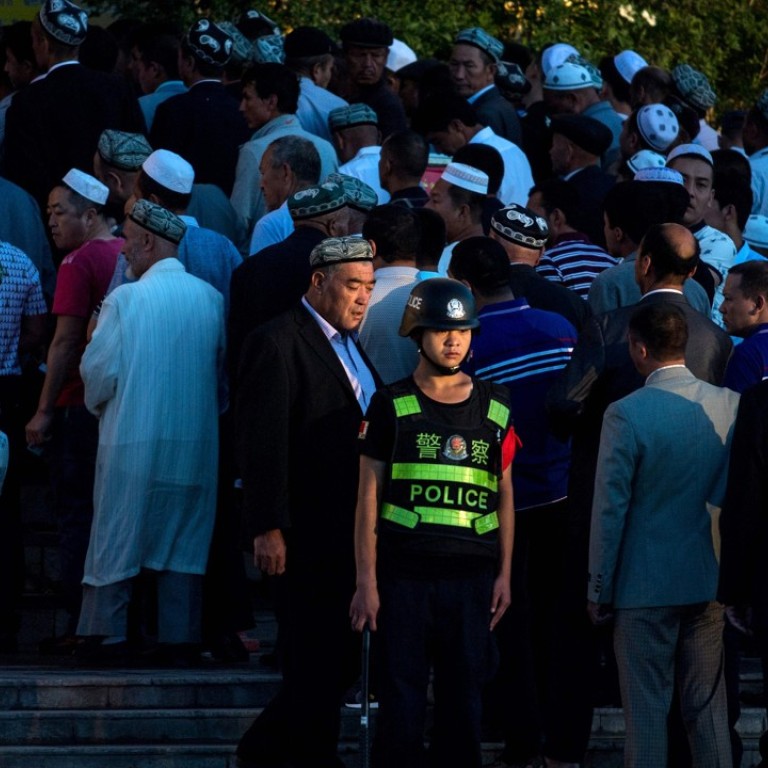Hundreds of thousands of Muslim people, mostly of Uygur descent, are
being held indefinitely in extrajudicial internment camps in western China’s Xinjiang Uygur autonomous region. China scholars around the world have a unique responsibility, we believe, to raise awareness of these crimes against humanity.
Since 2016, Xinjiang’s ongoing “re-education” campaign against local Muslims has expanded into a vast system of concentration camps, currently estimated to hold nearly 10 per cent of the area’s roughly 11 million Uygurs, as well as many of the smaller Kazakh minority. Prisoners are detained not because of any crime, but because of their ethnicity, their Muslim faith, their seemingly irreconcilable
difference from China’s ethnic Han majority.
Countless lives have been destroyed, as people are held indefinitely in these camps, without due process. Detainees are pressured, under the watchful eyes of guards, to abandon their religious beliefs, and sing songs and repeat slogans praising the Communist Party of China and President Xi Jinping. Families have been torn apart. In some cases, they have no idea where
relatives are held: people simply disappear.
At this intersection of indefinite arbitrary detention, political indoctrination, family destruction and forced eradication of customs, an
entire culture is being erased. These are horrific developments that should have no place in the 21st century.
What can be done? The silence of most China specialists is disturbing, yet also unsurprising. Those of us who know China best have many reasons to rationalise not speaking out. Doing so
risks the wrath of a rising power that is determinedly hostile to criticism, and that closely monitors what scholars say and write about
sensitive topics. Yet, none of these reasons should be sufficient to warrant silence in the face of crimes against humanity.
To encourage greater awareness and discussion of the ongoing abuses in Xinjiang, with more than a hundred other scholars, authors, artists, and other public speakers, we have begun a “Xinjiang Initiative” – pledging to use our public platforms to speak for those who suffer but cannot be heard.
Participants pledge to use every public event in which they appear to remind their audiences that roughly a million people are being held in extra-legal internment camps, and that these detentions are solely due to detainees’ ethnicity or religion. Participants are also encouraged to share personal stories of detainees to put a human face on these inhuman policies.
If you have a public platform to raise awareness of this appalling repression, please join us. Information about the Xinjiang Initiative, how to join and a list of signatories to date is at
www.xinjianginitiative.org.
Kevin Carrico, lecturer, Macquarie University, and Jerome A. Cohen, director, New York University US Asia-Law Institute


